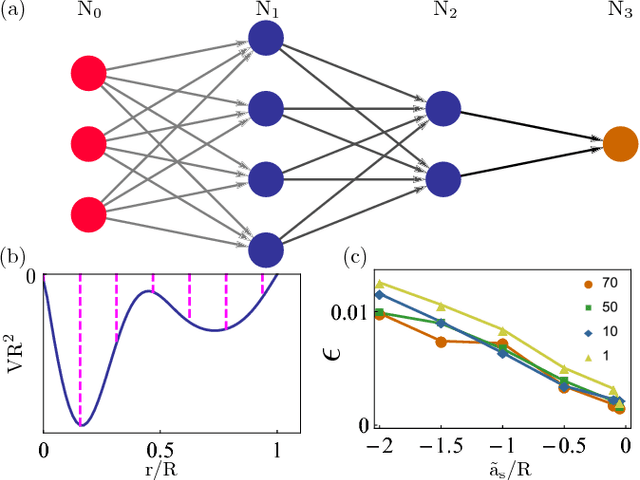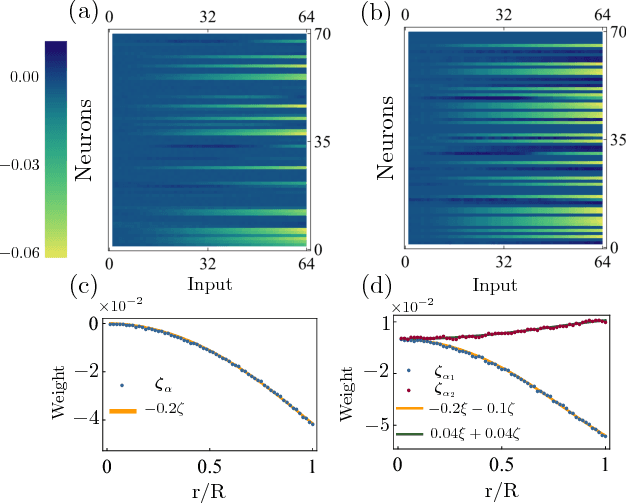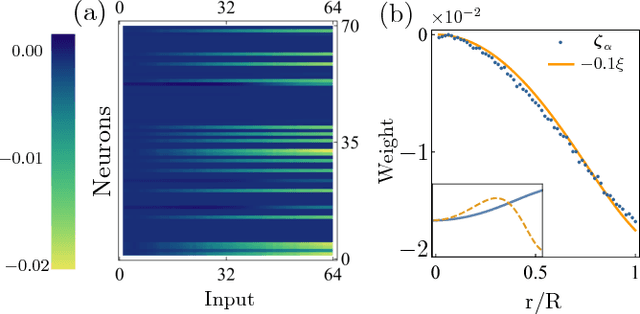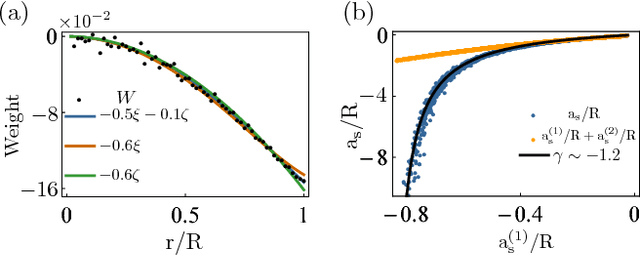Yadong Wu
Active Learning Approach to Optimization of Experimental Control
Mar 27, 2020



Abstract:In this work we present a general machine learning based scheme to optimize experimental control. The method utilizes the neural network to learn the relation between the control parameters and the control goal, with which the optimal control parameters can be obtained. The main challenge of this approach is that the labeled data obtained from experiments are not abundant. The central idea of our scheme is to use the active learning to overcome this difficulty. As a demonstration example, we apply our method to control evaporative cooling experiments in cold atoms. We have first tested our method with simulated data and then applied our method to real experiments. We demonstrate that our method can successfully reach the best performance within hundreds of experimental runs. Our method does not require knowledge of the experimental system as a prior and is universal for experimental control in different systems.
Visualizing Neural Network Developing Perturbation Theory
Mar 08, 2018



Abstract:In this letter, motivated by the question that whether the empirical fitting of data by neural network can yield the same structure of physical laws, we apply the neural network to a simple quantum mechanical two-body scattering problem with short-range potentials, which by itself also plays an important role in many branches of physics. We train a neural network to accurately predict $ s $-wave scattering length, which governs the low-energy scattering physics, directly from the scattering potential without solving Schr\"odinger equation or obtaining the wavefunction. After analyzing the neural network, it is shown that the neural network develops perturbation theory order by order when the potential increases. This provides an important benchmark to the machine-assisted physics research or even automated machine learning physics laws.
* 5 pages, 4 figures
 Add to Chrome
Add to Chrome Add to Firefox
Add to Firefox Add to Edge
Add to Edge